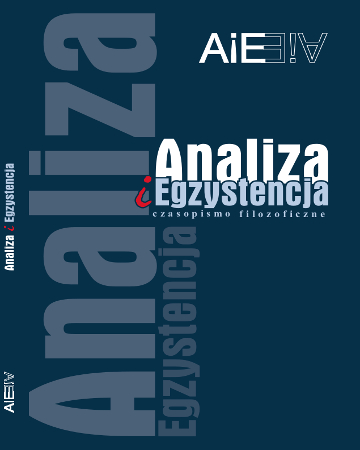Uncovering the True “Wealth” of Happiness —Examining the Limitations that Govern Croesus’s Question about Happiness and Aristotle’s Subsequent Reply
Uncovering the True “Wealth” of Happiness —Examining the Limitations that Govern Croesus’s Question about Happiness and Aristotle’s Subsequent Reply
Author(s): Alon SegevSubject(s): Philosophy, History of Philosophy
Published by: Wydawnictwo Naukowe Uniwersytetu Szczecińskiego
Keywords: Aristotle; Solon; Herodotus; happiness; luck; transient fortune; permanent fortune
Summary/Abstract: The goal of the article is to present the context in which we, modern readers and scholars, make meaningful use of the words “happiness,” “luck,” and “fortune.” This discussion starts by examining Croesus’s question to Solon, who is the happiest man on earth, and then continues by analyzing Solon’s reply that a man can only be called happy after his death. Next, it aims to show what is implied and meant in Solon’s obscure reply. As the article explores, it turns out that Solon is talking about the transient fortune (ευτυχιη) and the permanent fortune (ολβος), measured after the number of fortunate moments in one’s lifespan, and not about the subjective disposition of being happy, as the modern speaker uses this term. At this point, the article offers Aristotle’s reading of Solon and his alternative interpretation of Solon’s concept of happiness. According to Aristotle, happiness is more a matter of character, of quality rather than quantity. The article continues by isolating the term “happiness” from the quantitative factor which still plays a role for Aristotle. In conclusion, the article presents a paradox that stems from conceiving happiness as a quantitative matter; that is, that not even death can serve as an ultimate final stage after which we could conclusively declare someone to have been happy or not.
Journal: Analiza i Egzystencja: czasopismo filozoficzne
- Issue Year: 2013
- Issue No: 24
- Page Range: 165-176
- Page Count: 24
- Language: English

